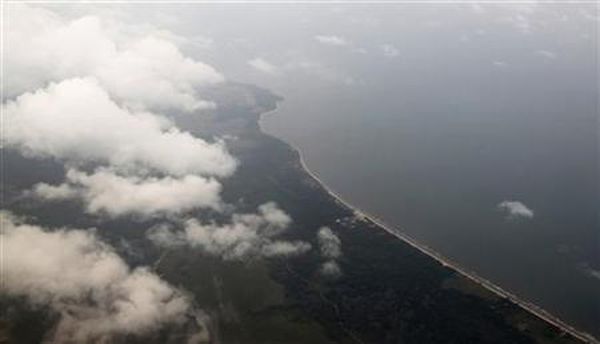Ocean acidification, the quick acidification of sea water caused due to the increase of carbon in the atmosphere is one of the major concerns for environmentalists and is a threat to the food chain connected with the oceans. For John Lubchencho, Head of US National Oceanic and Atmospheric Administration, this phenomenon has always been a priority. At the start of the industrial revolution the level of carbon in atmosphere was 280ppm. At present, it has increased to 392ppm due to the burning of fossil fuels and other human activities. According to study, oceans that were being acidified at the rate of 0.1 unit of pH in 20th century are going to get acidic at the rate of 0.2 or 0.3pH by 2100. In this century the world temperature is projected to rise by 3.2° to 7° Fahrenheit by the U.N. Intergovernmental Panel on Climate Change.

To find out what role it may have played in prehistoric past in climate disruption, 21 researchers from United Kingdom, Germany, United States, Spain and Netherland studied 300 million years old geological records. The result indicated change of climate in the form of mass extinction events like the dinosaur extinction about 65 million years ago due to the strike of a giant asteroid.
According to the researchers, at any time in 300 million years, the closest similarity to present conditions is the 5,000 year hot spell 56 million years back which was caused likely due to massive volcanic eruptions. To find out they took a specimen of a layer of brown mud from Southern Ocean of Antarctica. The mud was comprised in the layers of white plankton fossils and indicated ocean to be so acidic that the plankton was turned into dirt in that 5000 year period. The researchers also stated that the average temperature has increased by 10.8° Fahrenheit and the amount of carbon has doubled in atmosphere during this time period. The oceans also have turned acidic by around 0.4 unit on 14- point pH scale. This shows quick acidification and fast warm up but it’s small as compared to what happened on Earth since industrial revolution 150 years back.
The bottom line is that if such a small magnitude had a major change in eco system we can’t imagine where our activities could lead us in future. Now, the geological timescale depends upon the decisions which we will take in the coming time.
Via:Reuters




